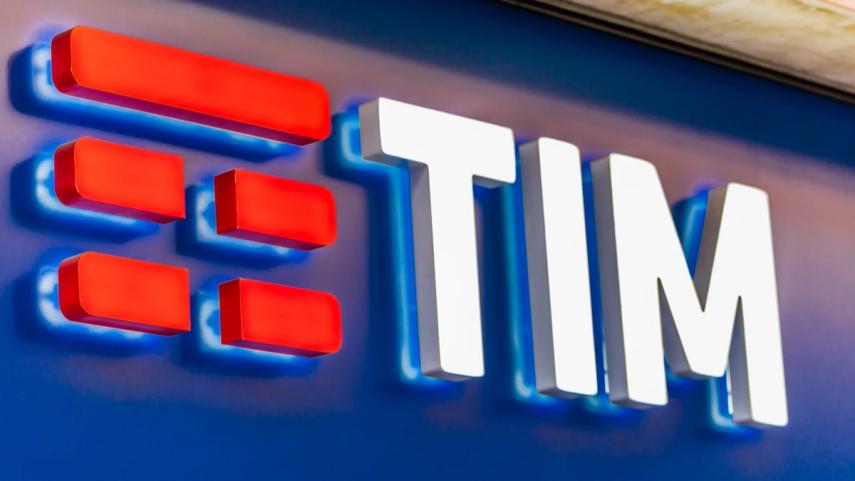(Reuters) – Telecom Italia (TIM) on Sunday approved the 19 billion euro ($20 billion) sale of its fixed-line network to U.S. private equity firm KKR, becoming the first telecoms group in a major European country to part ways with its landline grid.
The deal, backed by Prime Minister Giorgia Meloni’s conservative administration, involves an asset that Italy deems of national strategic importance as the country works to bridge its digital divide with the rest of the European Union.
The sale is a key plank of TIM CEO Pietro Labriola’s plans to revive the debt-laden, junk-rated former phone monopoly, which can ill afford the investments its ageing grid needs.
The board started a review of KKR’s offer on Friday, and extended the meeting through Sunday when it approved the sale with 11 directors in favour and three against, TIM said.
The sale’s 18.8 billion euro price tag, including debt, could reach 22 billion euros if certain conditions are met, TIM said.
The earnout is mostly linked to a long-mooted combination of TIM’s grid with that of state-backed fibre optic rival Open Fiber to create a unified telecoms network, sources had previously said.
The sale, which TIM said should close in the summer of 2024, would allow the group to reduce its financial debt by around 14 billion euros.
Cash-burning TIM would also shed half of its 40,000 domestic staff and focus on its service operations.
“Two years of hard work … culminate into a historic decision: creating two companies with new growth prospects,” Labriola said in a statement.
To oversee an asset deemed of national strategic importance, Italy’s government has authorised the Treasury to spend up to 2.2 billion euros to take a 20% stake in the network alongside KKR, which is already a minority investor in the grid.
The Treasury already controls TIM’s second-largest investor, state lender CDP.
TIM said it would not put the board’s decision to a shareholder vote, in a setback for leading shareholder Vivendi (OTC:VIVHY).
Vivendi, which owns 24% of TIM, has been seeking a higher price and questioned the sustainability of the business left behind. It said on Sunday it considered the board’s decision “unlawful”, adding it would use “any legal means at its disposal to challenge” it.
In Vivendi’s view, the sale required an extraordinary shareholder vote. Vivendi also wanted clearance from an internal TIM board committee for related party transactions, given the Treasury’s double role as owner of TIM shareholder CDP and investor in the grid.
TIM on Sunday also dismissed as not in line with its strategy an alternative plan pitched in recent weeks by London-based investment firm Merlyn Advisors, which Vivendi had called on the board to assess.
“Merlyn … reserves the right to take any steps to bring the board to call … a shareholder meeting to decide whether the plan approved on Sunday is what shareholders want,” Merlyn said in a note.
TIM worked with advisers Goldman Sachs, Mediobanca (OTC:MDIBY) and Vitale & Co as well as law firm Gatti Pavesi Bianchi Ludovici. Citi, Morgan Stanley and JPMorgan advised KKR.
Equita, Lion Tree and Studio Carbonetti supported TIM’s independent directors. ($1 = 0.9321 euros)



